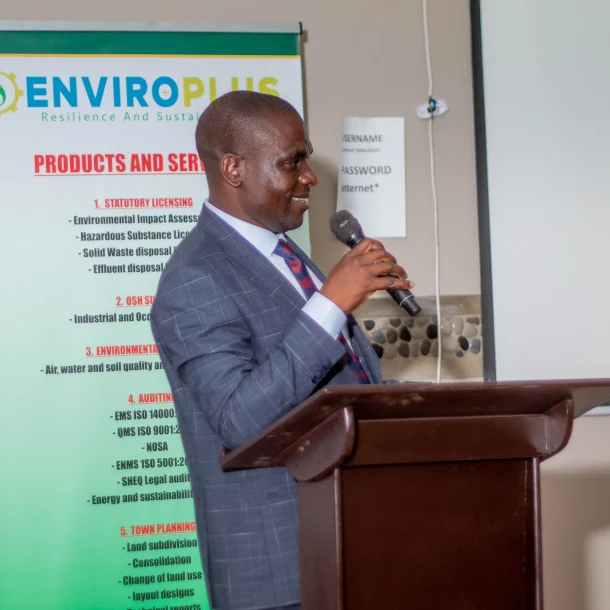
Understanding Environmental Impact Assessment: Assessing the Roadmap to Sustainable Development
Introduction: In today’s world, where environmental concerns are increasingly at the forefront of global discourse, it is crucial to assess the potential impacts of human activities on the natural world. To ensure sustainable development and responsible decision-making, Environmental Impact Assessment (EIA) has emerged as a vital tool. This blog post aims to shed light on what Environmental Impact Assessment entails, why it is important, and how it can guide us towards a greener future.
Defining Environmental Impact Assessment: Environmental Impact Assessment is a systematic process that evaluates the potential environmental effects of a proposed project, plan, or policy. Its purpose is to identify and assess both the positive and negative consequences, enabling decision-makers to make informed choices. By analyzing the project’s likely impacts on the environment, EIA contributes to sustainable development by ensuring that environmental considerations are integrated into the decision-making process.
Key Objectives and Benefits of EIA:
- Identification of Potential Impacts: EIA enables the identification and understanding of potential environmental impacts associated with a proposed project. This includes impacts on ecosystems, air and water quality, biodiversity, cultural heritage, human health, and socioeconomic factors.
- Early Intervention: Conducting EIA at an early stage allows decision-makers to modify or adjust the project design to minimize adverse impacts. It encourages the consideration of alternative options and fosters sustainable practices.
- Stakeholder Engagement: EIA promotes public participation, facilitating the involvement of communities, NGOs, and experts in the decision-making process. This involvement helps incorporate diverse perspectives and local knowledge, leading to more inclusive and transparent decision-making.
- Sustainable Development: By assessing potential environmental, social, and economic impacts, EIA contributes to sustainable development. It ensures that development projects are compatible with environmental protection, conservation goals, and the long-term well-being of communities.
The EIA Process: Environmental Impact Assessment typically involves the following steps:
- Scoping: Defining the boundaries and key issues to be addressed in the assessment, along with identifying stakeholders and establishing the baseline environmental conditions.
- Impact Assessment: Evaluating the potential positive and negative impacts, both direct and indirect, that the project might have on the environment.
- Mitigation and Alternatives: Developing measures to avoid, minimize, or mitigate identified adverse impacts. Exploring alternative project designs or location options that could reduce negative effects.
- Public Consultation: Engaging with stakeholders and the public to gather feedback, address concerns, and incorporate their perspectives into the decision-making process.
- Decision-Making: Utilizing the findings from the assessment, along with stakeholder input, to make informed decisions regarding the project’s feasibility and conditions for approval.
- Monitoring and Compliance: Monitoring the project’s implementation and conducting post-implementation evaluations to ensure compliance with the approved conditions and mitigation measures.
Challenges and Opportunities: While Environmental Impact Assessment has proven effective in mitigating adverse impacts and promoting sustainable development, there are challenges that need to be addressed. These include limited resources, time constraints, inadequate public participation, and a lack of uniformity in EIA practices globally. Overcoming these challenges requires improved legislation, capacity building, and the integration of technology and data-driven approaches.
ol in our quest for sustainable development. By evaluating the potential environmental consequences of proposed projects, policies, or plans, EIA enables decision-makers to make informed choices that balance development with environmental protection. Through stakeholder engagement and the integration of scientific knowledge, EIA provides a roadmap towards a greener, more sustainable future. As individuals, it is essential to support and participate in the EIA process, ensuring that our actions align with the goal of environmental stewardship and a thriving planet for future generations.
BY:Carlington Anotidaishe(Angels Web)

